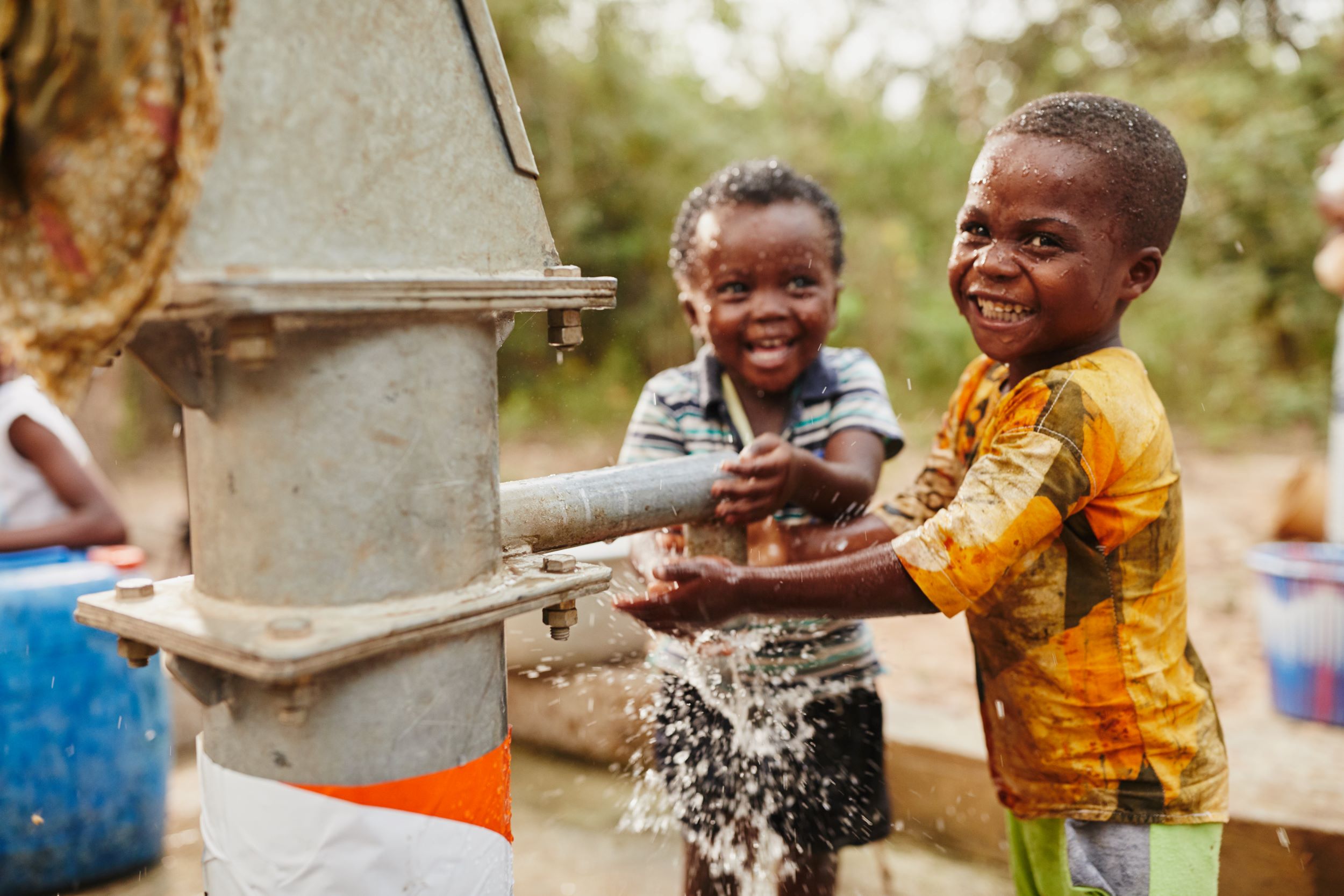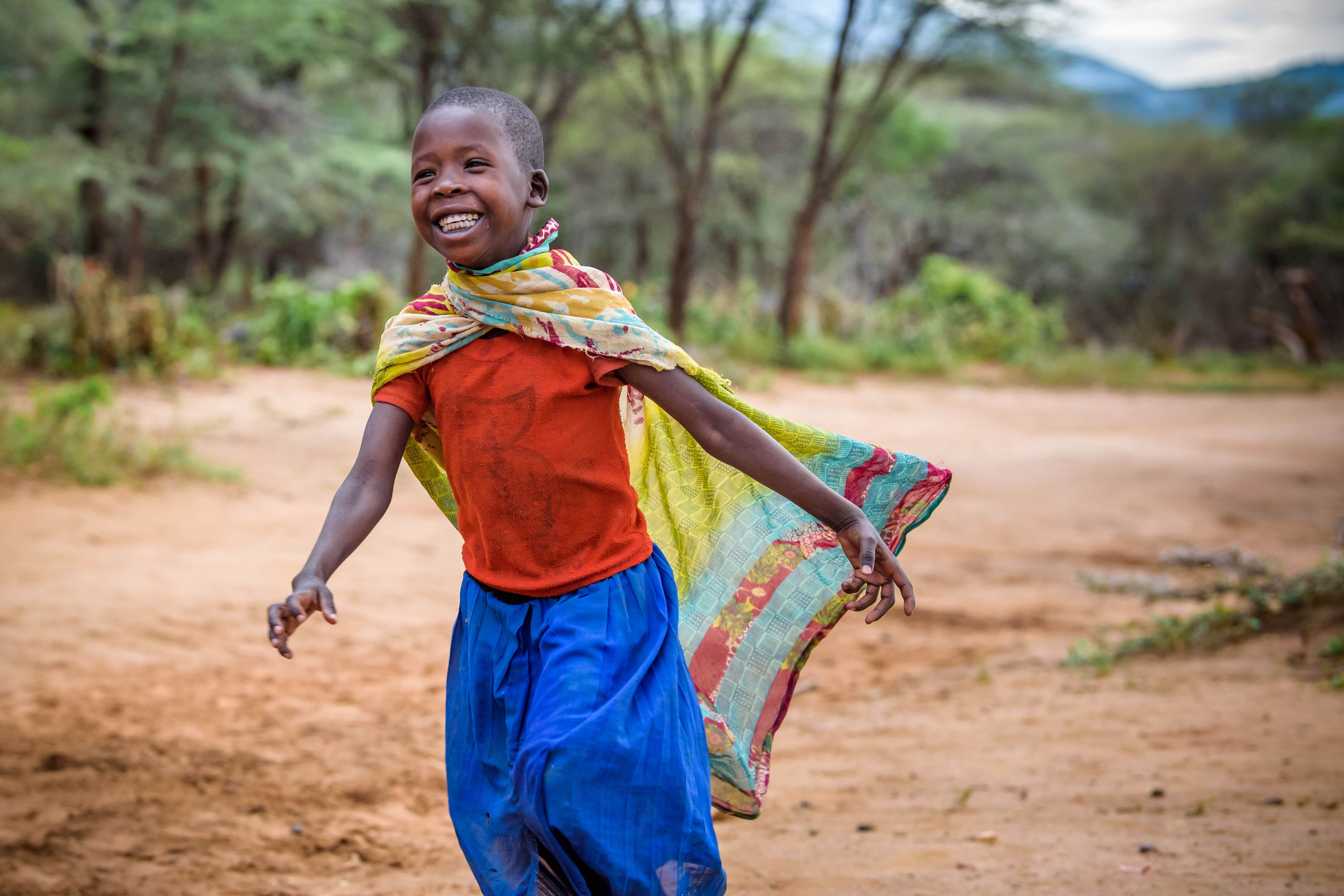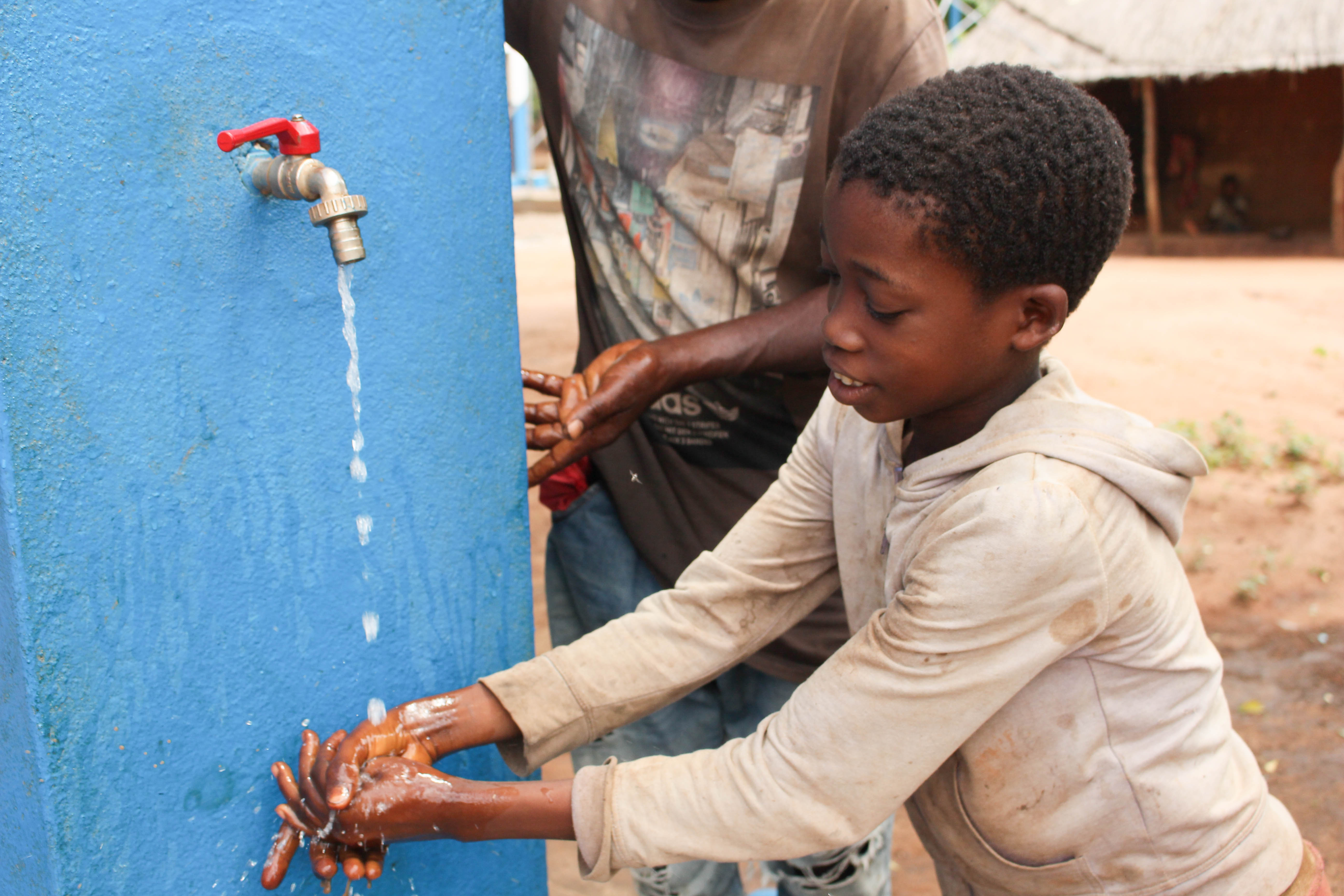
World Water Day 2023
Imagine drinking unclean water from a frog-infested well
Wednesday 22 March is World Water Day, an opportunity to highlight some key challenges our planet is facing due to climate change and water mismanagement.
According to the United Nations, there are currently two billion people worldwide who do not have access to “safely managed drinking water services.” Many people live in communities with a lack of infrastructure, forcing them to travel long distances to get their water from a well or even a river that has contaminated water.
Accelerating change
The theme for World Water Day 2023 is Accelerating Change. The day coincides with the UN 2023 Water Conference, a three-day event taking place in New York, and involving delegates from all over the world. It aims to make progress on a number of water-related issues and targets set by the United Nations.
Although we’re now halfway through a Water Action Decade, launched by the UN in an effort to prevent a global crisis, we’re heading towards a frightening 40% shortfall in freshwater resources by the year 2030.
A lot of facts and statistics - but what’s the reality for children?

Frogs and rubbish
Sisters Mahana, nine, and Firdaoussou, 12, are drawing water from a well a quarter of a mile from their home in a village in southwest Niger.
Firdaoussou makes this trip 12 times a day. As the eldest daughter, she doesn’t attend school, instead spending her time helping with housework. "She’s the only one who can help me,” says her mother, Aissa, also a firstborn daughter, “because in our culture, girls are the ones who are in charge of doing the housework.”
The well has only enough water for four days before it runs dry. It is polluted with frogs and rubbish. Once this runs out, Firdaoussou will have to walk even further to fetch water.

“I have pain in my heart because my children have to drink it,” says Mustafa, father to the girls and brothers Fatau, 14, and Razak, six.
“I have physical pain,” adds Aissa. “Most of the time I have rashes and stomach pain.”
The water from this well isn’t just filthy – it’s dangerous. One of Firdaoussou’s friends died after contracting bilharzia, a disease caused by parasitic worms found in water.
Disrupted harvests
Life in the village used to be much easier. Happier. 17 years ago, the well was new. It had a cover to keep the dirt and debris out. Frogs couldn’t hop inside and lay eggs. But the cover has long since deteriorated. Back then, the rains came on time. Villagers could depend on the seasons. They planted before the rains came, and crops would grow to feed everyone.
“It used to be all green,” says Oumarou Moussa, the village chief. “There used to be [greens], carrots, potatoes, radishes, tomatoes, cabbages. It was green throughout the year. During the rainy season, it was full of vegetables.”
He gestures to a wide swathe of land, about the size of a football field and surrounded by a fence. “It used to be a garden,” he says. “That’s why we built the fence – to protect the garden from animals. All the surrounding villages used to come to us to get their vegetables.”
Now there are droughts and floods that disrupt the harvests, and worms that destroy the crops.
“We have no choice,” says Oumarou. “We have one meal a day. Or one meal every two days. And there is no water to do counter-season harvesting.”
Help children access clean drinking water
Donate now
Hope for the community
Hope is what’s needed in this rural community – the hope that comes with clean water.
In other communities in Niger, hope is springing forth as World Vision improves access to clean water by drilling new boreholes and restoring water points. In addition to equipping families with water close to home, World Vision is installing water systems at schools and health clinics and providing communities and families with tools to ensure proper hygiene and sanitation practices – reaching over 1.3 million people across the country in the past 15 years.
World Vision recently completed construction of a mechanised water system at a nearby health centre that could also provide water to Mahana and Firdaoussou’s village – ending their reliance on the dirty well.
Clean water has made a great impact in combating waterborne and sanitation-related diseases in Niger and in other nations, keeping children in school and helping to alleviate hunger – since clean water works in tandem with nutritious food to prevent malnutrition.
Happiness for Mahana and Firdaoussou
“Clean water would help us keep clean and we would be healthier,” says Mahana. “And we would be happier.” Much happier, she feels, without frogs.
Even Firdaoussou brightens at the thought: “If we get clean water, I will rest,” she says, “because I won’t need to go to the well every morning. I will be so happy.”
And, perhaps, she could fulfil a dream she holds close: learning to sew and starting a business someday. That dream and a fresh start for everyone in the community could become reality with the gift of clean water.
We reach 1 new person with clean water every 10 seconds.
Water-related diseases
For children to experience life in all its fullness, they need good health, which can only be maintained with access to clean water and nutritious food.
Contaminated drinking water is linked to diseases such as diarrhoea, cholera, dysentery, typhoid and polio. An estimated 485,000 deaths result from diarrhoea each year.
The World Health Organization reports that there has been a rise in the number of reported global cholera cases over the past two years as well as in their geographical distribution: 23 countries in 2021, rising to 29 in 2022.
World Vision has many ongoing projects and programmes that are transforming lives and bringing joy to communities like Mahana and Firdaoussou’s.
As the largest non-government provider of water in the world, World Vision is reaching one new person with clean water every 10 seconds. This, along with good hygiene practices, helps communities fight against water-related diseases.
This World Water Day is an opportunity to think about how we can help children like Mahana and Firdaoussou. With your donation, we can bring essential clean water to a vulnerable child's community.



